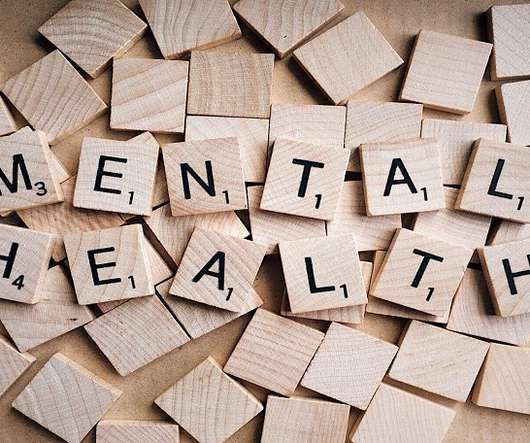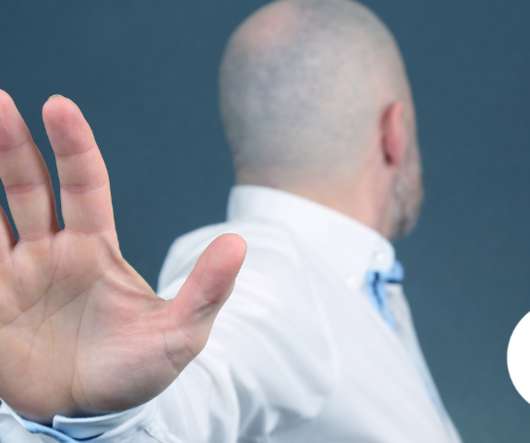Homelessness is a journey that starts in the family
Stop Abuse Campaign
SEPTEMBER 14, 2022
Mental illness is common among homeless people, but the most common diagnoses include substance abuse and mood disorders. Brian seems to fall into this category; I have known him for years; he suffers from Substance Abuse Disorder, maybe mood disorders, too, but he isn’t psychotic. Do you know your score?












Let's personalize your content